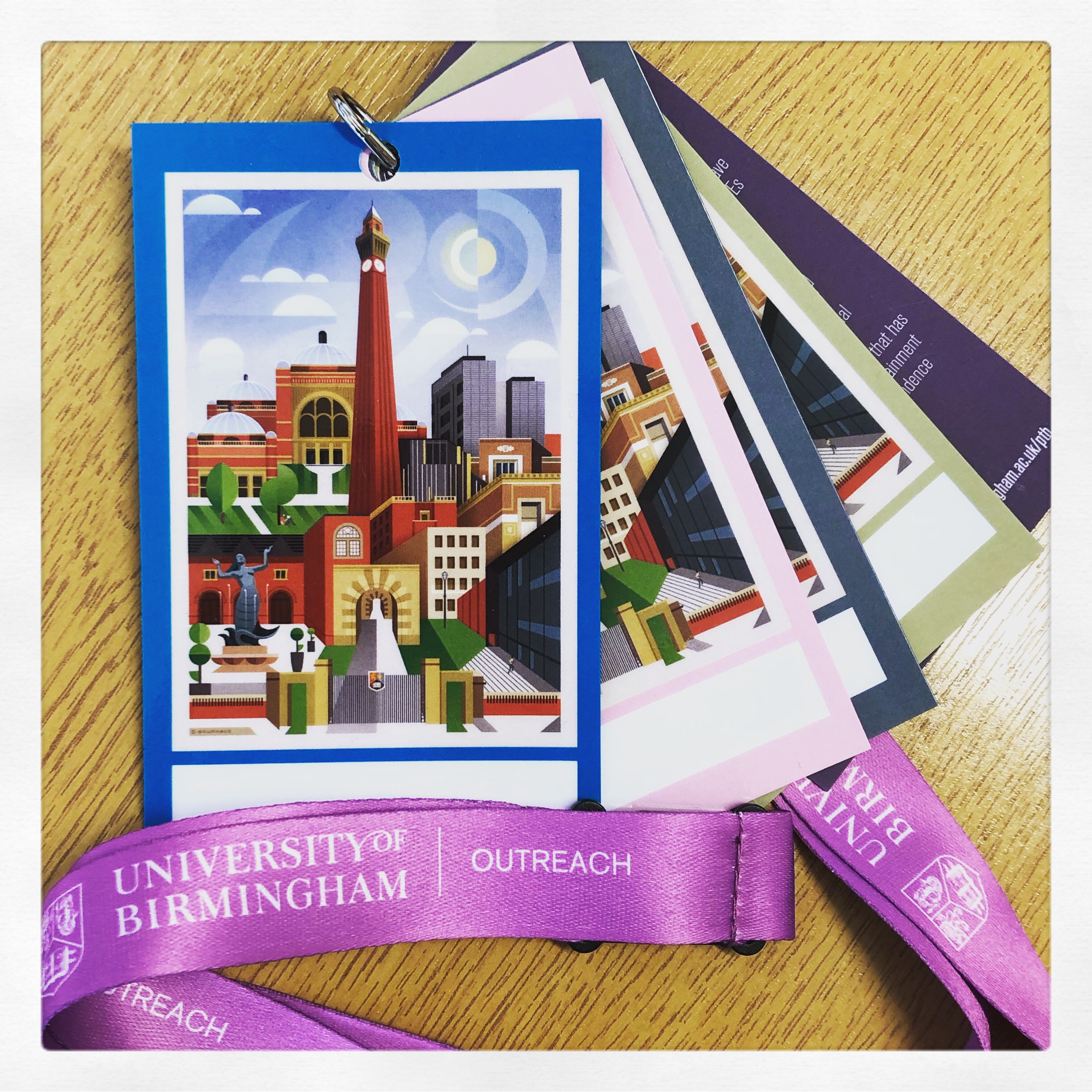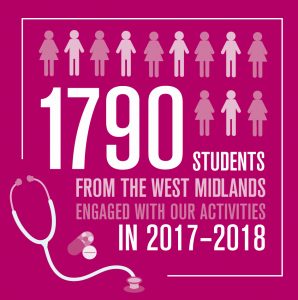Directing outreach activities and widening participation initiatives to the school pupils who really need it has always been a challenge. An article published in the THE yesterday reported the suggestion by AccessHE that family income information should be collected on pupils aged 11-13 years so that activities can be targeted at a specific group when they reach Year 9. It is important to direct activities at this age group, pre-GCSE, as often GCSE grades are the only achieved academic qualifications Universities have to consider at the time of application. Raising aspirations and making students aware of entry criteria is particularly important for students wanting to pursue medicine or dentistry where GCSE grade requirements are often high.

Socio-economic disadvantage can be measured in a number of ways. For example the Office for Students (OfS) currently favours the use of participation of local areas (POLAR) classification. While this does allow easy identification of pupils clearly at a disadvantage using only their home postcode, there is no doubt that reliance on this one measure will miss students who are equally or perhaps even more disadvantaged.
At Birmingham, forming relationships with local schools and using a basket of indictors to identify disadvantage has meant we have successfully been able to target our outreach activities and widening participation programmes at the right pupils. The criteria for our newly launched Pathways to Birmingham programme, which encompasses the well-established Access to Birmingham and Routes to the Professions, include experience of public care, first generation in the immediate family to progress to higher education, below average household income, significant extenuating circumstances impacting prior academic attainment, disability, young carer and being estranged from parents/guardian, alongside POLAR. This range of criteria ensures we identify the students who will benefit most from our support. Indeed in the last academic year, 1790 pupils from the West Midlands engaged in our College of Medical and Dental Sciences outreach activities and 85 students entered our undergraduate programmes via Access to Birmingham.

